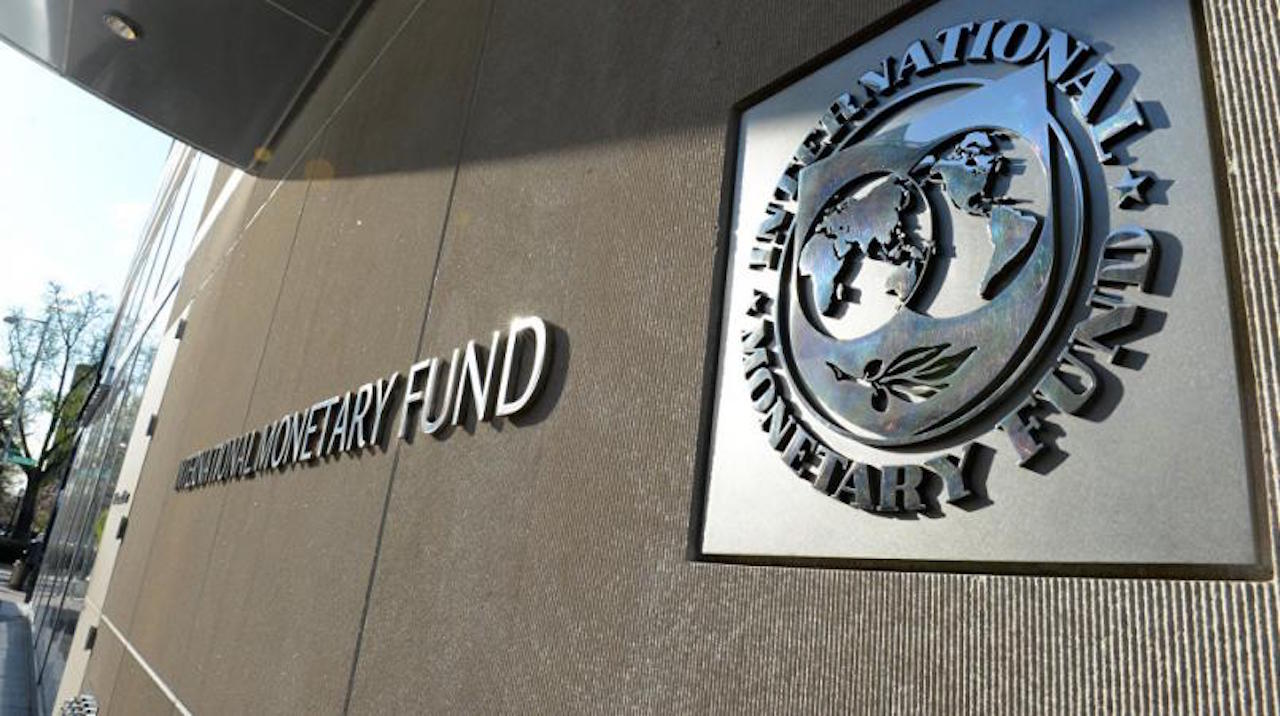Preserving lives and livelihoods has become the global mantra of the political and business classes as the impacts of COVID-19 appear not to be waning. Therefore, ensuring commerce continues at a sustainable level amidst attempts to protect the citizenry from infection by the novel coronavirus, remains the most difficult balancing act of the century.
For when the predictions at the end of last year suggested that 2020 would easily be a significant growth year, analysts never envisioned in their wildest and worst-case scenarios that it would all literally crumble to the ground wrecking large and small economies.
In its last World Economic Outlook released in June, the International Monetary Fund (IMF) titled it A Crisis Like No Other, An Uncertain Recovery. The name signalled the institution’s own frustration with predicting the way forward.
The multilateral institution warned: “The COVID-19 pandemic has had a more negative impact on activity in the first half of 2020 than anticipated, and the recovery is projected to be more gradual than previously forecast.”
Even the IMF has had to concede that it is unable to provide projections with any certainty about what will likely happen over the rest of the year and into early 2021.
And as much as we all would like to see the back of 2020, there is currently not much hope that the new year will bring any less pain than 2020 has inflicted on us.
“With World Economic Outlook projections, there is a higher-than-usual degree of uncertainty around this forecast. The baseline projection rests on key assumptions about the fallout from the pandemic,” the IMF notes.
Importantly, the body to which many countries in the Caribbean and around the world are looking for financial bailouts, says all countries, including those that have “seemingly passed peaks in infections” should beef up their health care systems ensuring that they are adequately resourced.
And to other development institutions, the IMF has rightly urged them to step up to the plate and support national initiatives that have been devised to suit the peculiar needs of each country.
This help from institutions, the IMF says, should include financial assistance to countries with “limited health care capacity and channeling of funding for vaccine production as trials advance, so that adequate, affordable doses are quickly available to all countries”.
In this region, we must laud the work being undertaken by the Caribbean Development Bank (CDB). For while the Barbados- based institution has conceded that the crises spawned by the pandemic in this region far outstripped its own capacity to fully respond, it has stepped in and provided back-up support to many borrowing member countries.
The Board of Directors of the Caribbean Development Bank (CDB) early in the pandemic approved up to US$140 million to be used by the bank’s borrowing member countries to tackle the fallout of the COVID-19 pandemic and other shocks to their economies.
And in a telling forecast from an institution that knows the region inside out, president Dr. Warren Smith said: “The economic and social shock of the COVID-19 pandemic will likely be severe in most Caribbean countries. There is the additional concern that the situation could be exacerbated in the near future given our region’s vulnerability to natural disasters. . . . We, at CDB, stand ready to assist Caribbean countries to alleviate these shocks.”
Forecasters and analysts have been stunned by the pervasiveness of this pandemic, the inability of some industrialised nations to control its spread in their jurisdictions, and the widespread economic and social destruction the disease has brought with it.
With four more months remaining in this wretched year, we must remain hopeful that an effective vaccine to treat this disease can be found. For the discomfort and agony of living with this illness among us will be too much of a financial mental strain not only of individuals but economies to sustain.




